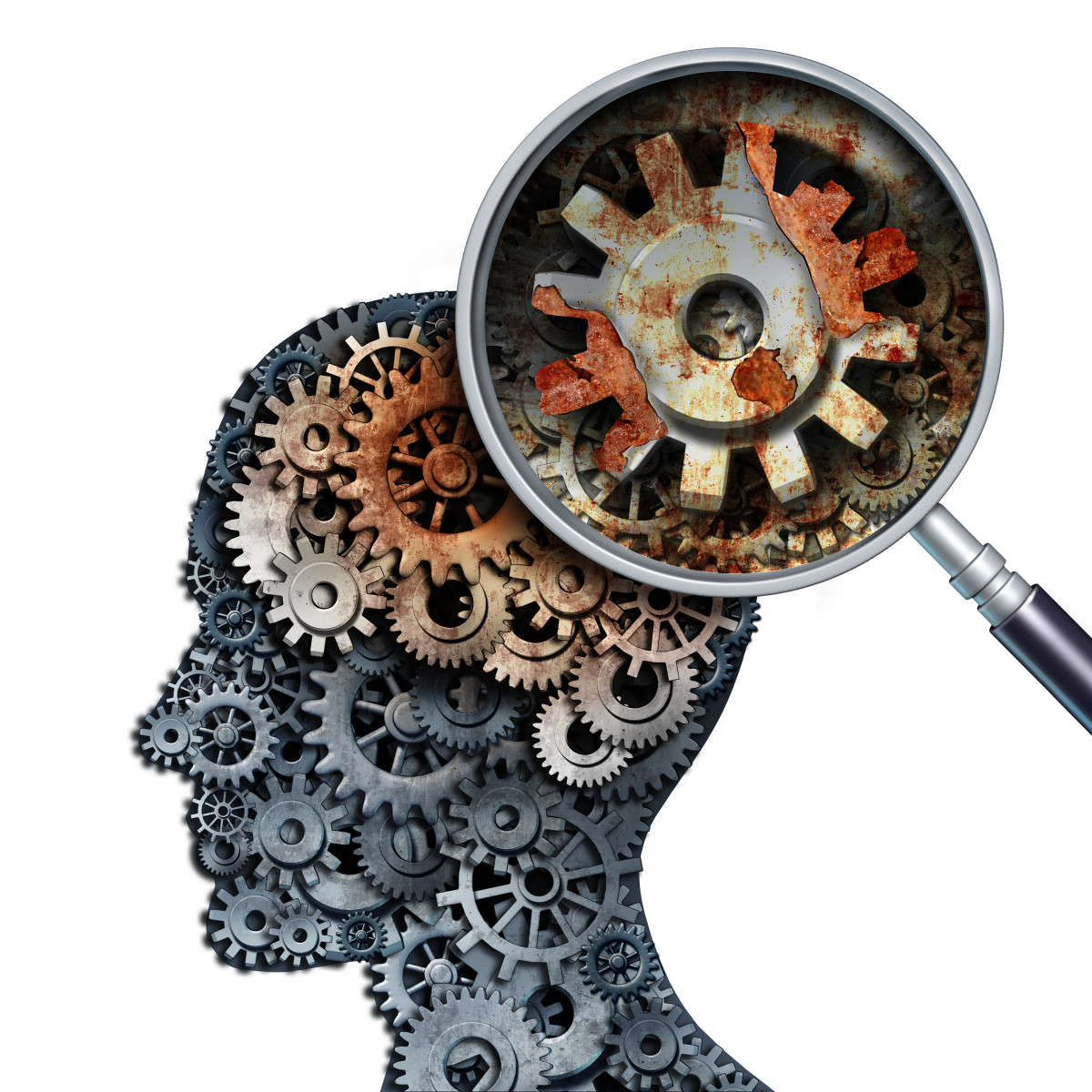Bill Gates Joins Efforts to Develop New Therapy Strategies for Alzheimer’s Disease

Billionaire Bill Gates is joining efforts to develop new treatments for Alzheimer’s disease. Gates made the announcement in a recent blog post in which he outlined five areas where more research focus is needed.
As a first step toward his commitment, Gates is investing $50 million in the Dementia Discovery Fund, which works to identify new treatment targets to allow a broader approach to Alzheimer’s therapy.
The Alzheimer’s Association applauded Gates’ initiative and highlighted the need for a multidimensional approach to developing Alzheimer’s treatments.
“Having Bill Gates declare his dedication to making an impact on accelerating progress is great for the cause. We extend our deep thanks to Bill Gates for his commitment to moving the Alzheimer’s cause forward even faster, and extend our open arms in working together to achieve a world without Alzheimer’s,” the association stated in a press release.
Gates’ post, “Why I’m Digging Deep into Alzheimer’s,” is partly a result of family experiences with Alzheimer’s, which drove him to spend considerable time studying the disease.
Gates also mentioned the devastating impact Alzheimer’s has on families living with the disease and the exorbitant medical costs associated with it as life expectancies continue to increase across the world.
“The human cost of Alzheimer’s is much more difficult to put into numbers. It’s a terrible disease that devastates both those who have it and their loved ones,” he wrote.
According to the Alzheimer’s Association, “Those who have experienced this disease first-hand, like Gates, know the enormous impact it has on individuals and families creating, as he says, a ripple effect that is unmatched by other health conditions.”
To learn about the disease, Gates talked to researchers in both academic and pharmaceutical settings. Based on what he learned, he suggests that research needs to focus on five areas to advance treatment development.
Among those areas, researchers need to better understand how Alzheimer’s develops and how to diagnose it earlier, he said. Scientists also need to be supported to look beyond therapies targeting amyloid and tau, “two proteins that cause plaques and tangles in the brain.” This strategy so far has failed to lead to significant breakthroughs.
Other more practical areas include efforts to ease enrollment of patients into clinical trials and the sharing of research data.
“Every time a pharmaceutical company or a research lab does a study, they gather lots of information. We should compile this data in a common form, so that we get a better sense of how the disease progresses, how that progression is determined by gender and age, and how genetics determines your likelihood of getting Alzheimer’s,” Gates wrote. “This would make it easier for researchers to look for patterns and identify new pathways for treatment.”
This approach is endorsed by the Alzheimer’s Association, which stated, “We also know that given the complexity of the brain, that multiple approaches to combating Alzheimer’s, including lifestyle and drug interventions, are necessary to slow and ultimately stop the disease.”
The association supports data sharing through the Global Alzheimer’s Association Interactive Network (GAAIN), studies the impact of lifestyle intervention in the U.S. POINTER study, and is involved in large-scale imaging collaborations.
George Vradenburg, co-founder and chairman of UsAgainstAlzheimer’s, applauded Gates’ initiative.
“The battle to find a cure for Alzheimer’s today lacks funding, urgency, collaboration, and entrepreneurial approaches. The announcement that Bill Gates is joining this fight has the potential to significantly change that paradigm,” Vradenburg said in a statement.
“In talking to him, I am pleased he has identified essentially the same challenges and opportunities as we have at UsAgainstAlzheimer’s and has chosen to invest in a disruptive mechanism to change business as usual,” he added.
“This is a frontier where we can dramatically improve human life. It’s a miracle that people are living so much longer, but longer life expectancies alone are not enough. People should be able to enjoy their later years — and we need a breakthrough in Alzheimer’s to fulfill that. I’m excited to join the fight and can’t wait to see what happens next,” Gates said.






